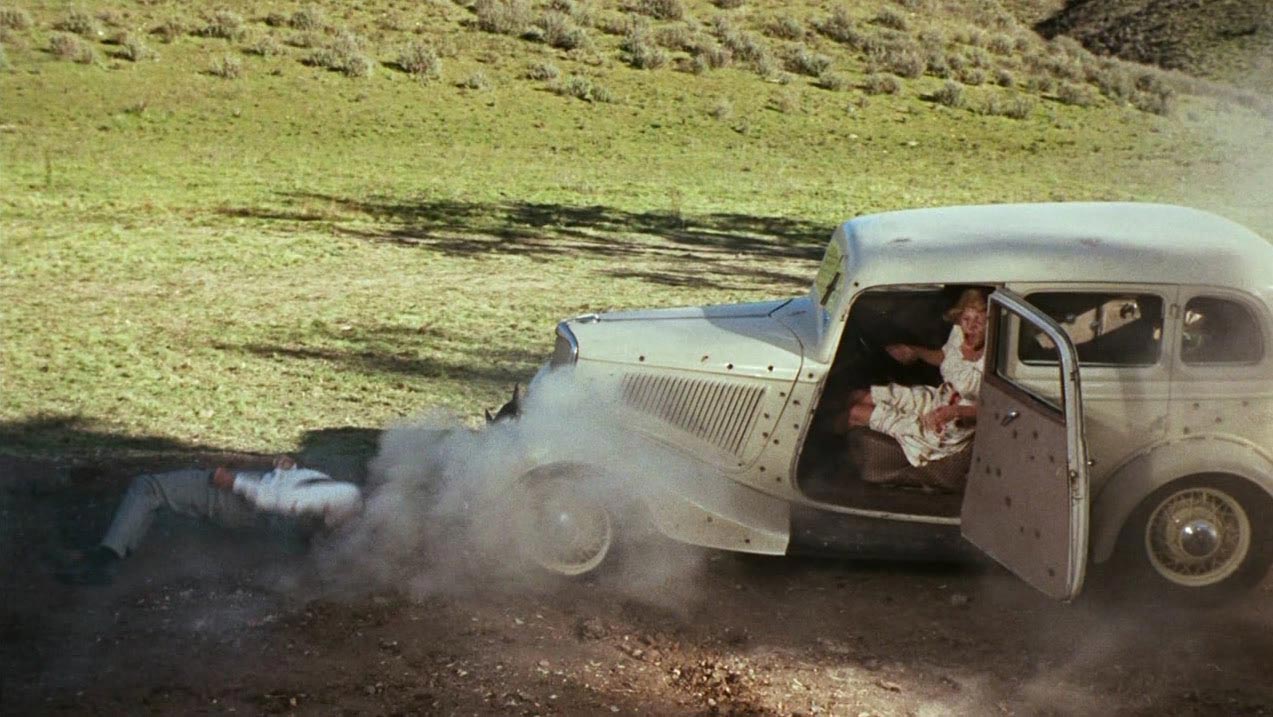The film is about a man who suffers from bi-polar syndrome who is being released from a rehabilitation center after having an episode from coming home and seeing his ex-wife in the shower with another man. He's released on probation and goes about with the goal of trying to turn his life around to try and win back his ex-wife. He meets through friends Jennifer Lawrence's character who is a slightly depressed widow, and eventually after several seemingly "chance" meetings he decides to help her participate in a dance competition if she'll help him win back his ex-wife. I think you can tell the rest of the plot from there.
 |
| Philly, as in life, is a character all its own in the film. |
 |
| I'm crazy and you're crazy, but somehow we're less crazy together.... |
 |
| You love her, right? If not you can say hello to my claws. |
 |
| With one shot, New Hollywood was born. |
So why did I just spend a nice lengthy paragraph detailing how this film would've been made in the 1930s? Well, that's because not only could it have, I think it marks the beginning of the end of "New Hollywood". I know with all those superhero films coming out, it looks like New Hollywood is digging in, but at the same time there is a slow--but growing movement in younger film makers I've been noticing to tell simpler stories that are low budget (hence little to no special effects or explosions) and are now referencing sex and violence but we hardly see any of either on screen. Silver Linings Playbook is just near the forefront of this trend in film making. Arguably New Hollywood didn't take over in one year either. Guess Who's Coming to Dinner, Hello Dolly!, and What's Up Doc? which were all released after Bonnie and Clyde are very much of the Old Hollywood formula. Consider ourselves in the transition period. So this doesn't mean that expensive blockbusters with their pricey special effects are through--but it's getting towards the end.
Trailer:
~LCC

No comments:
Post a Comment